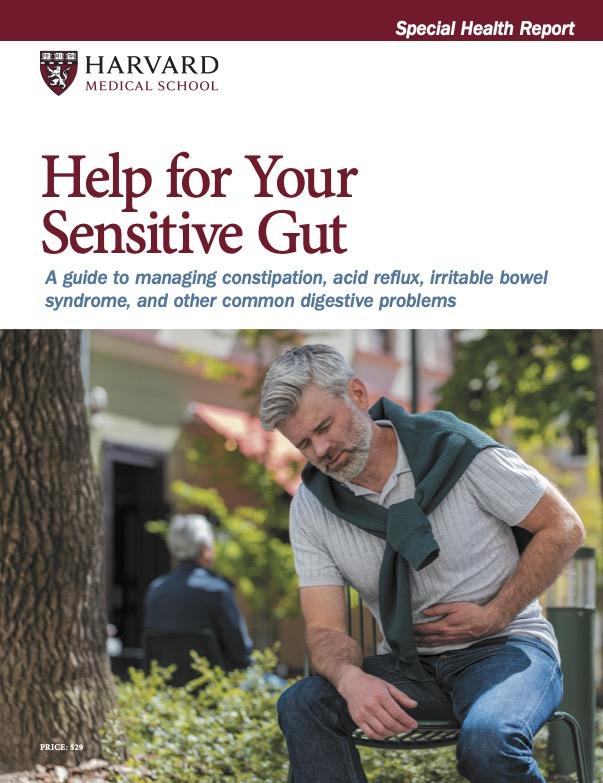You don't say? Excuse me, but should you squelch your belch?

Burping is seen (and heard) as rude and crude. But burping (or belching) serves an essential purpose and shouldn’t be silenced.
Belching is a protective mechanism that prevents the stomach from overinflating. Every time you swallow, you take in a little air, and some of it travels down the esophagus and gets into the upper part of the stomach.
When the stomach begins to stretch out, sensors in its wall send signals to your esophagus. These signals tell the small ring of muscle (sphincter) at the bottom of the esophagus to open a bit, allowing air that has built up in the stomach to escape. And voilà — you belch. Why do some belches smell? If the air that you burp up comes from the stomach, it might have the odor of whatever you recently ate.
There’s no strict definition for how much burping is too much. But if you’re burping more than usual and it’s making you uncomfortable, see your doctor. People with gastroesophageal reflux disease or irritable bowel syndrome can have excessive burping. Otherwise, it could be caused by any of the following:
- Carbonated beverages. Beer, soda, and seltzer drinks can bring extra air into the stomach. Gulping or drinking through a straw compound the problem, so drink slower.
- Eating too fast. If you’re a fast eater, slowing down may help you swallow less air.
- Chewing gum or sucking candy. Some people swallow air when they chew gum or suck hard candies. Also, sugarless brands have artificial sweeteners that can trigger excess gas.
There is little you can do to stop a burp. You can be discreet by muffling a belch or holding it in for a few seconds until you’re in a more private setting. Or you could just let it out, loud and proud.
Image: © CSA-Archive/Getty Images
About the Author

Matthew Solan, Former Executive Editor, Harvard Men's Health Watch
Disclaimer:
As a service to our readers, Harvard Health Publishing provides access to our library of archived content. Please note the date of last review or update on all articles.
No content on this site, regardless of date, should ever be used as a substitute for direct medical advice from your doctor or other qualified clinician.
















